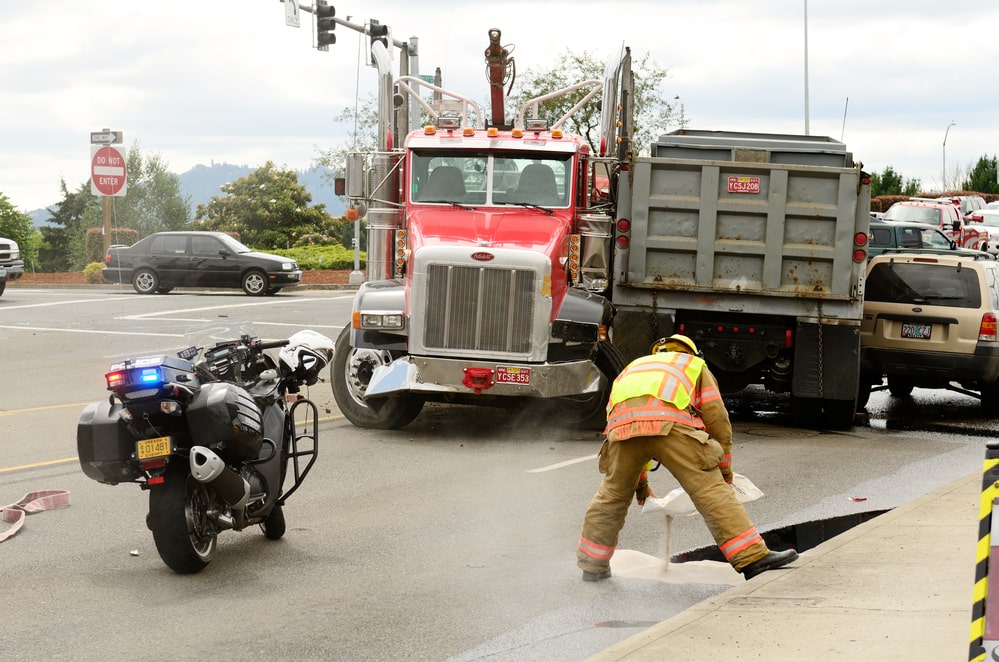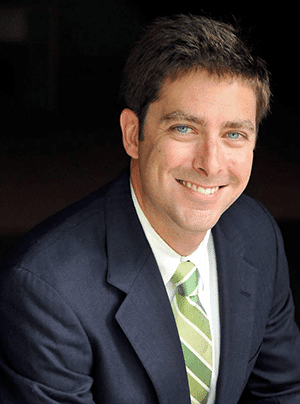
Discovering that the driver who hit you doesn’t have a valid license adds another layer of frustration to an already difficult situation. You’re dealing with injuries, medical bills, and lost wages caused by someone who had no legal right to operate a vehicle. The lack of a valid license doesn’t eliminate your right to compensation, but it does affect how you pursue your claim.
Our friends at Cowan & Hilgeman handle cases involving unlicensed drivers regularly and know how to identify available coverage. A truck accident lawyer can investigate all potential sources of compensation and build your case even when the at-fault driver’s lack of licensure complicates matters.
Why Drivers Operate Without Valid Licenses
Understanding why someone drives without a license helps explain potential complications with insurance coverage and liability. Some common reasons include suspended licenses due to prior traffic violations or DUI convictions, expired licenses that were never renewed, drivers who never obtained a license in the first place, and immigrants who haven’t completed licensing requirements in the United States.
The reason for lack of licensure doesn’t change your right to compensation, but it may indicate other issues like lack of insurance or judgment-proof financial status that affect your ability to collect damages.
The Impact On Insurance Coverage
Most drivers without valid licenses also lack proper insurance coverage. Insurance companies either denied coverage because of the license suspension or the driver chose not to purchase insurance knowing they couldn’t legally drive. According to the Insurance Information Institute, millions of drivers operate vehicles without insurance, creating substantial risk for others on the road.
However, some unlicensed drivers do carry insurance policies. They may have obtained coverage before their license was suspended or purchased insurance despite their unlicensed status. When insurance exists, the question becomes whether the policy will pay for accidents that occurred while the driver operated a vehicle without a valid license.
Policy Exclusions For Unlicensed Drivers
Insurance policies often include exclusions that allow insurers to deny claims when the policyholder was unlicensed at the time of the accident. These exclusions vary by company and state. Some insurers deny coverage completely, while others pay third-party claims but refuse to cover their own policyholder’s damages.
We review policy language carefully to determine whether exclusions actually apply. Insurance companies sometimes assert these exclusions too broadly, and we’ve successfully argued that certain types of license issues don’t trigger coverage denials.
Your Insurance Options
When the at-fault driver lacks both a valid license and insurance coverage, you turn to your own policy for compensation. This is precisely why uninsured motorist coverage exists and why we recommend all drivers carry it.
Uninsured Motorist Coverage
Your uninsured motorist coverage treats unlicensed, uninsured drivers the same as uninsured drivers with valid licenses. This coverage pays for your medical expenses, lost wages, pain and suffering, and other injury-related damages up to your policy limits.
Filing an uninsured motorist claim with your own insurance company involves providing evidence that the other driver caused the collision and lacks adequate insurance. The police report documenting the other driver’s lack of a valid license supports your claim by showing they violated the law.
Underinsured Motorist Coverage
If the unlicensed driver has some insurance but the policy limits don’t cover all your damages, your underinsured motorist coverage fills the gap. This applies when the at-fault driver’s insurer pays the maximum available under their policy but you’ve incurred greater losses.
Medical Payments Coverage And PIP
Medical payments coverage or personal injury protection pays your medical bills regardless of who caused the accident or whether the at-fault driver was licensed. These coverages provide quick payment for treatment while you pursue your larger claim through uninsured motorist coverage or against the driver personally.
Pursuing The Driver Personally
You have the legal right to sue an unlicensed driver personally for your damages. Winning a judgment proves they owe you money, but collecting that judgment presents challenges. Most people who drive without licenses lack significant assets or income that can be reached through collection efforts.
We evaluate whether pursuing personal liability makes financial sense based on the defendant’s assets, employment status, and property ownership. Sometimes unlicensed drivers have sufficient resources to satisfy judgments, particularly when they own homes or businesses despite their lack of driving privileges.
Wage Garnishment And Asset Seizure
After obtaining a judgment, you can pursue collection through wage garnishment if the defendant has regular employment. Courts allow garnishment of a percentage of wages until the judgment is satisfied. You can also place liens on real property the defendant owns or seize other assets through legal collection procedures.
These collection methods take time and don’t guarantee full recovery, but they provide a path to compensation when insurance options are exhausted.
Criminal Charges And Civil Claims
The unlicensed driver likely faces criminal charges for operating without a valid license and possibly for causing the collision. These criminal proceedings are separate from your civil injury claim. A criminal conviction doesn’t automatically entitle you to compensation, but it can strengthen your civil case.
Criminal restitution sometimes provides another avenue for recovery. Courts may order defendants to pay restitution as part of their criminal sentence. While restitution addresses the harm you suffered, it’s controlled by the criminal court and may not cover all your civil damages.
Vehicle Owner Liability
If the unlicensed driver was operating someone else’s vehicle, the vehicle owner may share liability for your injuries. Many states hold vehicle owners responsible when they knowingly allow unlicensed individuals to drive their cars. This theory of liability, called negligent entrustment, provides another potential source of compensation.
Owner liability proves valuable when the vehicle owner has insurance coverage or assets that the unlicensed driver lacks. We investigate vehicle ownership immediately and assess whether the owner knew or should have known the driver lacked a valid license.
Common scenarios include:
- Parents allowing children with suspended licenses to drive family vehicles
- Employers permitting employees with invalid licenses to drive company cars
- Friends lending vehicles to people they knew were unlicensed
- Car rental companies that failed to verify valid licenses
Each situation requires proving the owner knew about the license issue and chose to allow driving anyway. This burden can be met through witness testimony, documented warnings, or evidence of prior incidents.
Strengthening Your Claim
The fact that the at-fault driver lacked a valid license supports your negligence claim. Operating a vehicle without proper licensing demonstrates disregard for public safety and legal requirements. This evidence helps establish that the driver was negligent even before considering their specific actions that caused the collision.
Document everything about the other driver’s unlicensed status. Obtain copies of the police report that notes the lack of a valid license, request DMV records showing license suspension or revocation, and gather witness statements about the driver’s history of operating without proper credentials.
Dealing With Your Own Insurer
Filing an uninsured motorist claim with your own insurance company should be straightforward, but insurers sometimes dispute these claims. They may question whether the other driver was actually at fault, argue about the severity of your injuries, or challenge the connection between the collision and your medical treatment.
Your insurer has a duty to handle your claim fairly despite the complexity added by the unlicensed driver situation. We hold insurance companies accountable when they delay payment or deny valid claims to protect their bottom line.
Protecting Your Recovery Rights
Getting injured by someone who shouldn’t have been driving creates understandable anger on top of physical pain and financial stress. While the driver’s lack of a license proves their disregard for the law, you still have multiple paths to compensation. Your own insurance coverage typically provides the most reliable source of recovery, but investigating the driver’s personal assets, the vehicle owner’s liability, and any applicable insurance policies may uncover additional compensation sources. If you’ve been hurt by an unlicensed driver, document their unlicensed status thoroughly, file claims with your own insurer promptly, and consider getting legal guidance to identify all available options for recovering the full value of your damages.

Christopher D. Layton, Esq. is the founder and lead attorney of The Layton Law Firm. He has been practicing law in Charlotte since 2000 and currently focuses on the plaintiff’s needs and personal injury clients. Chris chose to become a lawyer to protect people who would be taken advantage of without strong legal advocacy, and this dedication to the needs of his clients shows in the firm’s strong record of successful results. He founded The Layton Law Firm in 2011.

